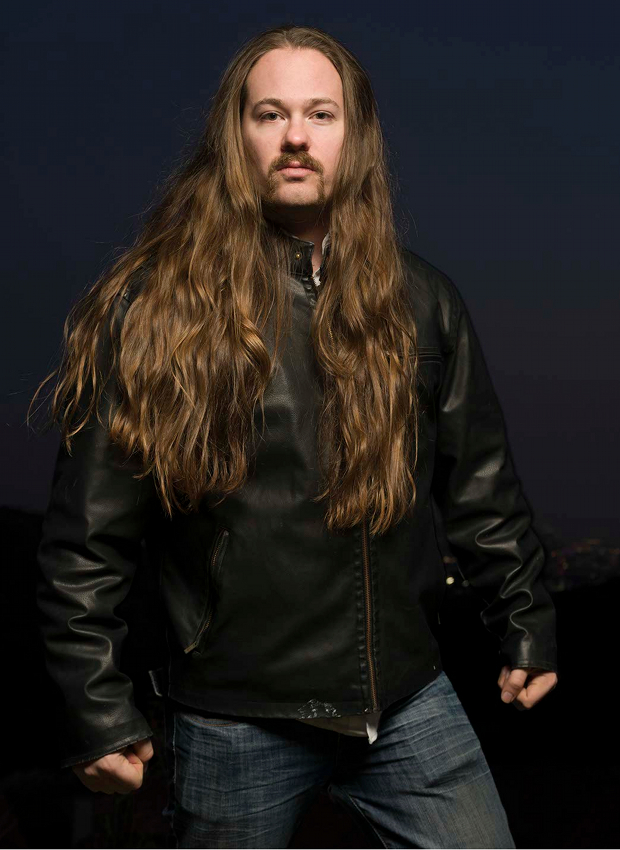Bent Out of Shape: Studio Diary, Part 2 — Instrument Tracking

Following pre-production, the next stage in an album's production will be the actual recording process, which involves tracking each instrument.
From this point on, every decision will affect the final outcome of the project, and that's why bands hire producers to oversee the process and make sure everything is done correctly. Having a talented, experienced producer will guarantee the quality of the final product. White Wizzard records with producer Ralph Patlan, who is very important in achieving the band's signature sound.
The first instrument to be tracked is always the drums. The drums provide a foundation for all the other instruments. Tracking drums is also the most difficult, as it involves a large number of variables. Factors to consider are the types and number of microphones to use, microphone placement, type of drum kit, acoustics of the tracking room and more. A good producer will be aware of these factors and know how to achieve the best sound in any circumstance.
After the drums, the bass will usually be recorded next. Again, many factors affect the sound and quality.
It would be impossible to go into detail about all the aspects of tracking drums and bass, and while they are an important part of any production, for this column, I really want to focus on the guitars. In particular, I want to discuss my method for recording guitars at my home studio.
I like to be able to record guitar tracks in the comfort of my own home. Mostly it's because I like to have the freedom to record when I feel inspired. It allows me to spend as much time as I want perfecting my tracks and lets me make edits when I need to.
Sometimes after listening to something you've recorded, you might decide you want to change certain parts. Having a home studio means I can spend as much time as I want tweaking my parts until I'm happy. For White Wizzard's new album, the production was delayed for a couple of months. This made me decide it would be best to track my guitar tracks in my studio and have them ready for when we began tracking. During pre-production, we had demoed each song, and, because we used the same tempos for the final recordings, I was able to record my final solos to the demo tracks and send them to our producer.
Get The Pick Newsletter
All the latest guitar news, interviews, lessons, reviews, deals and more, direct to your inbox!
My only concern with recording my guitar tracks in my home studio was that the quality might not be as good as if I had recorded in a real studio with our producer. For this reason, I decided to record the DI signals from my guitar so our producer could re-amp them in his studio. I've made a video demonstrating the re-amping process and my setup used to record all of guitar tracks for White Wizzard's new album:
As I say in the video, after recording my solos, we decided the tone from the amp was so good that we didn't need to re-amp them. I particularly liked the idea as it gave a good contrast in guitar tone between me and the other lead guitar player, Jake Dreyer, who recorded his solos with Ralph.
With all the guitars recorded, the final stage of tracking is to record the vocals. Again, this is a complicated process with many variables. After all the instruments are tracked, the production moves to its third and final stage: mixing. White Wizzard's new album will take a few weeks to mix, but when it's ready I will do a follow up blog with samples of the final mixes for you to hear. Cheers!
Will Wallner is a guitarist from England now living in Los Angeles. He recently signed a solo deal with Polish record label Metal Mind Productions for the release of his debut album, which features influential musicians from hard rock and heavy metal. He also is the lead guitarist for White Wizzard (Earache Records) and in 2012 toured Japan, America and Canada. Follow Will on Facebook and Twitter.









